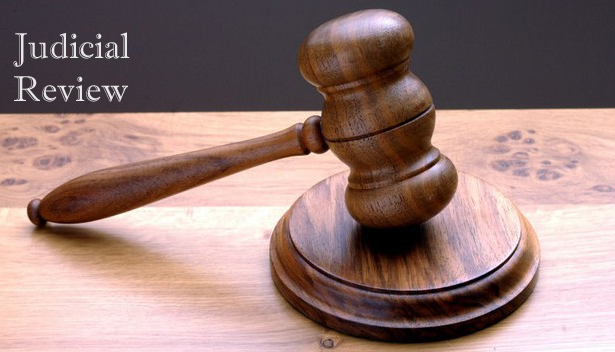By Dr David Chetcuti Dimech – Paralegal
Governments do not always play nice. The leading rule is that the Government must always act within the strict parameters of the law: if the law does not say that it can do it, then it cannot do it. Full stop. And even if the law does confer a particular power, it cannot be exercised as the particular official deems fit. There are rules that need to be followed here too. But sometimes a government official will, perhaps unwittingly, break the rules or stray outside his powers. This would render that administrative act illegal.
An illegal administrative act allows an aggrieved individual to file an action for judicial review of administrative action in order to have the act in question declared null and of no effect. There are a number of broad categories of grounds of judicial review that can be availed of, which represent limits on how public authorities can exercise their powers.
First, the public authority must always act within the limits of the law. Each and every little thing it does must be authorised by law. If the government acts outside the law, the act is null because it was performed outside the government’s powers. This is known as the classical doctrine of ultra vires, or substantive ultra vires. Laws conferring powers on public authorities tend to be drafted quite broadly, so this is today rather vestigial, but situations may nevertheless arise particularly where there is a grey line between what falls within the competence of one government entity and what falls within the competence of a different government entity.
The second ground of review is referred to as procedural ultra vires. That is, when the government does not follow a particular procedure that the law lays down for the exercise of a particular power or performance of a particular action. Notably, it covers the so-called rules of natural justice, which permeate every decision taken that impacts the rights of individuals. These are: the duty to hear what the person has to say (audi alteram partem), the duty to not be biased (nemo iudex in causa propria), and the duty to give reasons for a decision.
The third ground covers the manner in which a power is to be exercised. Just because the government has a power to act in a particular way, it does not mean that it can do so indiscriminately. Powers must always be exercised within their proper limits and for the reason for which they are conferred. Failing this, the act will be declared null. Notably, powers must satisfy a test of reasonableness or proportionality. For example, the government cannot take a decision based on irrelevant considerations or improper motives, or be disproportionate in its application of a rule. It is the court’s duty to interpret the law and the particular facts in question to determine whether the test of reasonableness or proportionality has been met.
Of course, any act which is otherwise unlawful can be annulled, since these categories are not all-inclusive and merely a handy way of classifying different forms of unlawful administrative acts.
What effects does an action for judicial review have? The administrative act in question will be declared null and without effect. However, the court cannot itself act instead of the public authority in question. The court must declare the act null, and it is for the public authority to perform the particular act again, this time lawfully and in conformity with the court’s judgment. The court cannot substitute its discretion for that of the public authority – otherwise it would be the court itself that acts outside its powers!
